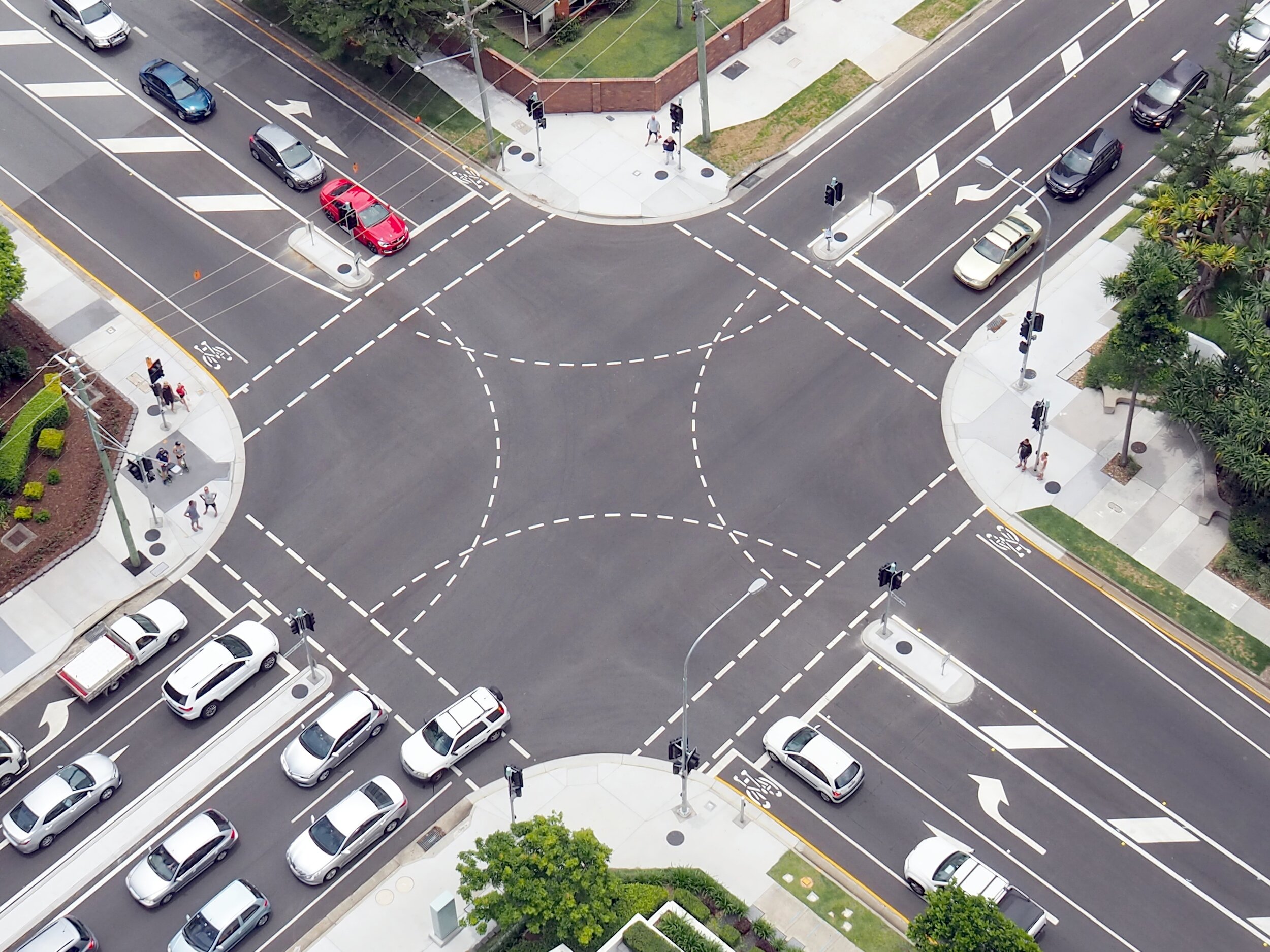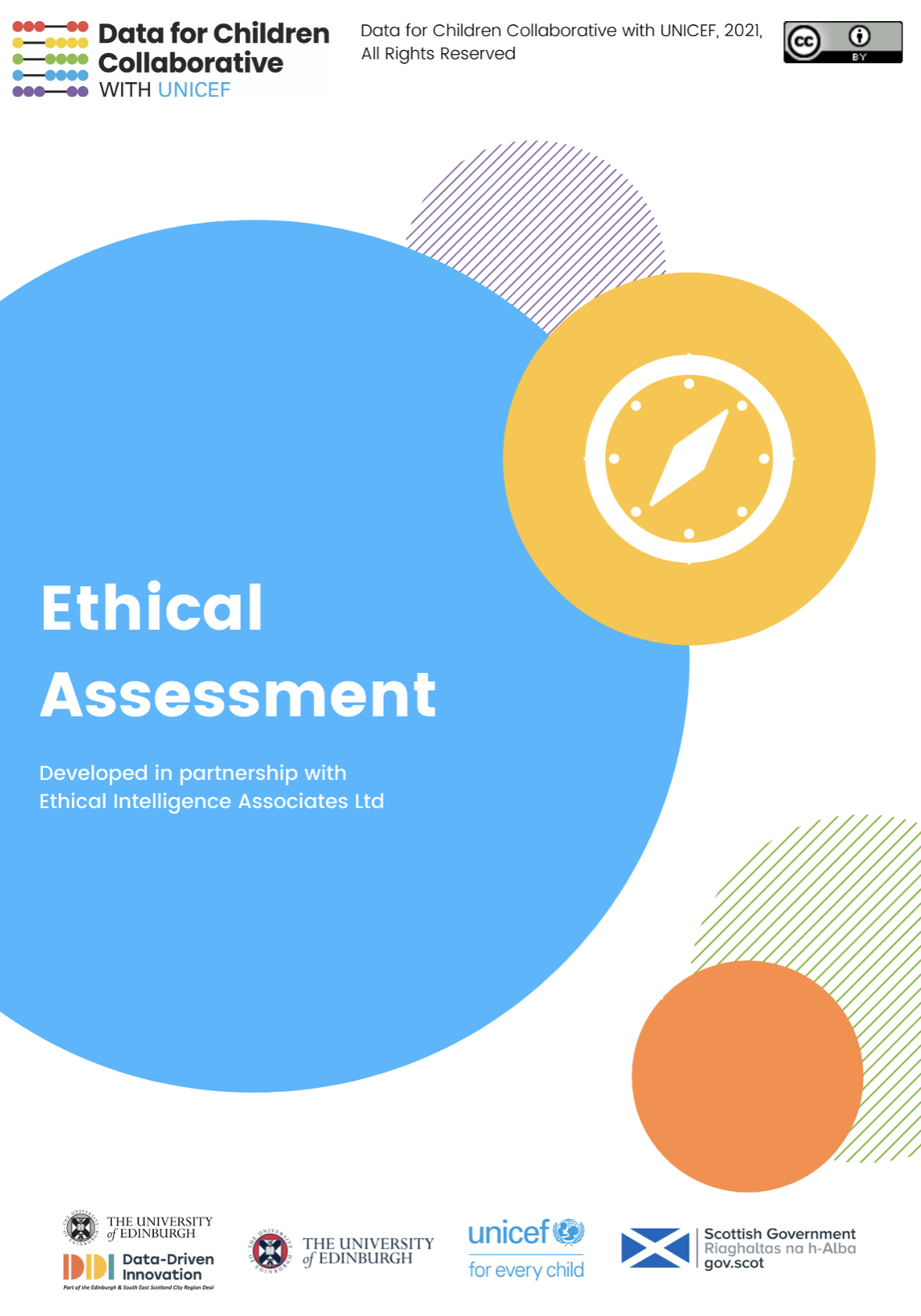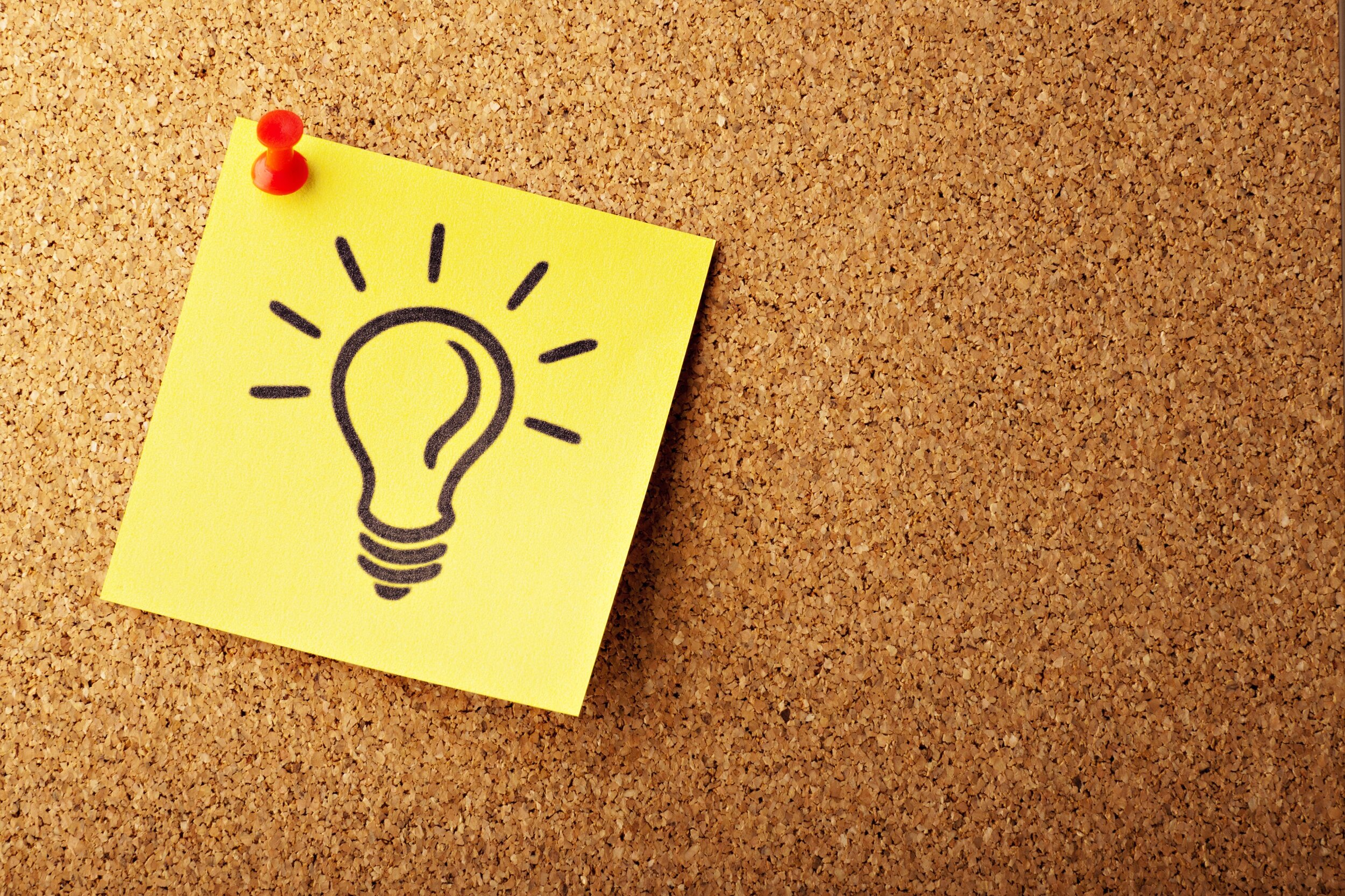Ethics
Here at the Collaborative, we believe that acting ethically sits at the heart of everything we do. Not only is it vitally important to ensure that we are using data safely and responsibly across our projects, but we are also committed to keeping children’s rights and interests at the forefront of our actions.
Our Mission
Putting Children First
For us, every project should be for children - they are always our priority stakeholder. That’s why it is important that everyone involved in our projects is committed to promoting and protecting children’s rights. Data can be leveraged in so many ways to better the lives of children across the globe. With fast-paced technological advances and innovative data science techniques, we are well positioned to make positive impacts.
However, it is important to acknowledge that combining the fields of data and research for children creates its own unique opportunities and risks. Many data systems have been designed with consenting adults in mind, and therefore do not focus on the unique needs and vulnerabilities of children. There is a higher duty of care required for the use and handling of children’s data – they may lack understanding of how their data is generated and recorded, the associated risks and benefits, and how vulnerable their data can leave them.
Our projects teams make a pledge to always put children, their needs and their rights before the requirements of the project.
Successfully delivering an ethical Data for Children Collaborative project requires more than just legal compliance. We want to ensure that every project is being delivered for children in the right way and for the right reasons.
Providing Practical Tools, Tips & Techniques
It has been important for us to ensure that the tools we have produced can be used by anyone involved with the Collaborative or working on data science projects for children more widely. That is why we have taken great care to make sure our assessment is clear, concise and easy to consume. Ultimately the teams should be able to understand why the questions are being asked as well as being able to successfully answer the questions.
It was clear to us from the outset that there was no one right way to approach this. We were never going to solve the big ethical issues or create a new ethical theory. But that isn’t what our ethical assessment looks to achieve. We want to challenge and encourage our project teams to tackle the difficult questions and look deeper into their project design. We want to uphold our core values of putting children’s rights and interests above all else. We also want to show people that ethics is not a blocker to innovation or progress in the data science space. Ethical decision making happens organically everyday, and everyone has the capacity to reason and deliberate about ethical actions. We believe that our ethical assessment provides people with the tools they need to enhance and support this process.
We want to give people the confidence to transfer their day-to-day ethical decision making skills to a professional environment.
When designing our ethical assessment, we wanted to avoid presenting ethics as a tick-box exercise. This meant that the questions had to prompt more than yes or no answers. Our Road Map questions follow the natural life cycle of a project and can be seen as a tool to help shape project goals, aims and outputs. It is vitally important to us that we are clear about any risks and how we can support teams to mitigate these, or reshape the project as a result.
Most importantly, this needs to be a beneficial exercise to carry out in the first place. We want to be able to show how thinking through ethical issues can have a positive impact on project design, whether this is by considering the implications of the design of the final output, acknowledging and mitigating the risks of merging data sets or thinking about the effects of your project on children. Our Impact Statement highlights some of our key learnings and achievements from using the assessment on our live projects.
The Process
Road Map
Our Road Map consists of key questions to get you thinking about your project design and its impact on children. We cover key issues such as project scope, data use and project results. The Road Map is split into three key sections that correspond to three critical points within the project lifecycle: Start, On the Road and Destination.
Highway Code
Like any new driver, you might need some help interpreting what the different signs and signals mean. That’s where our Highway Code comes in. We have compiled a resource packed full of example answers, definitions and additional information to help guide you through the Road Map.
Review
After completing each phase of the ethical assessment, your answers will go through a review process. This allows us to confirm that the project meets our ethical standards, as well as highlighting any areas that could benefit from further discussion, planning and refinement.
Revisit
As your project progresses, so might your aims and ambitions. That is why we ask you to revisit the ethical assessment On the Road and at the project’s Destination. It is important to reflect on any changes and how they might impact your project design or requirements from an ethical perspective.
Safeguarding
As part of our overarching ethical framework, we also require all teams to undergo safeguarding training. We have developed a tailored training pack alongside representatives from UNICEF that captures what a safeguarding issue might look like in one of our data science projects. The training will alert project teams about potential issues and how to report them.








